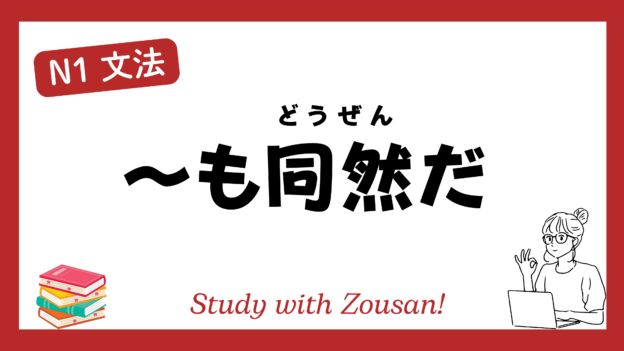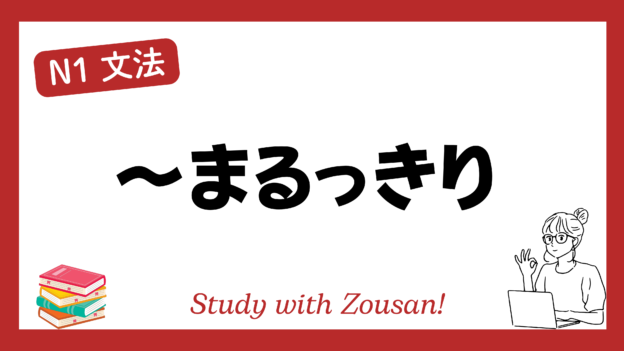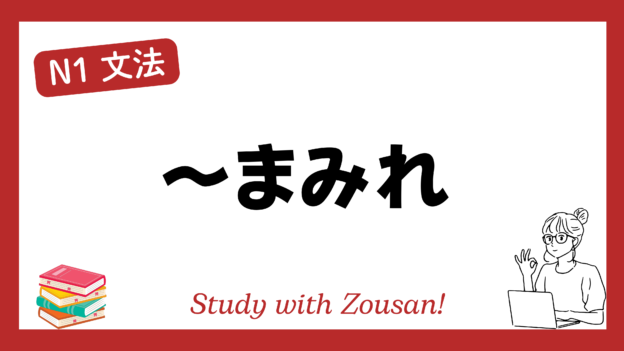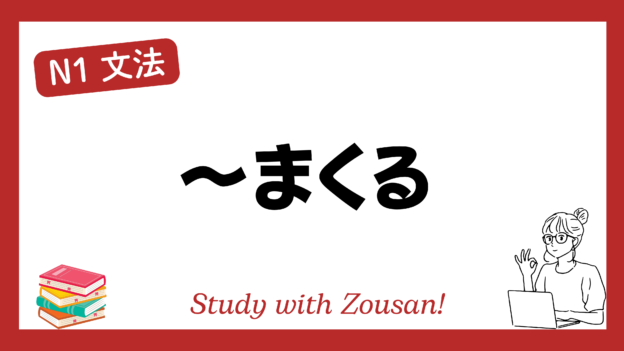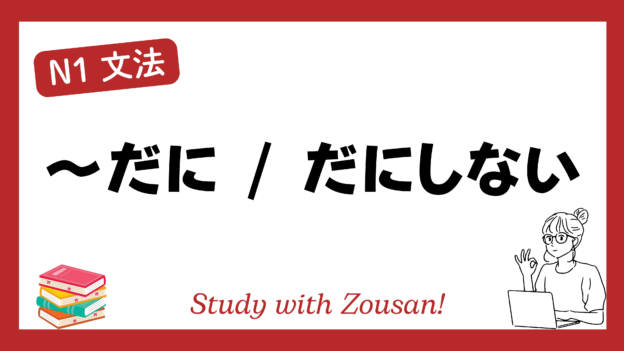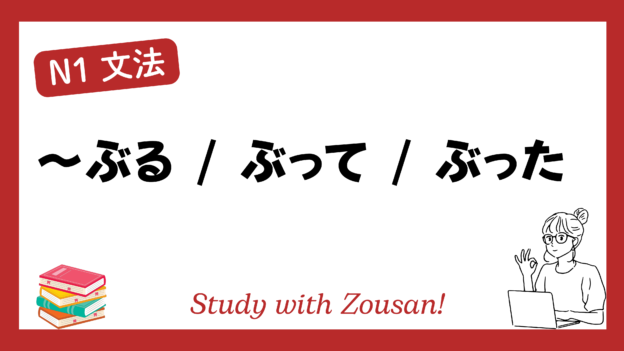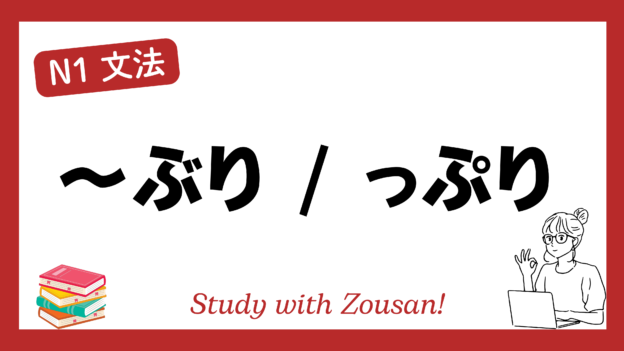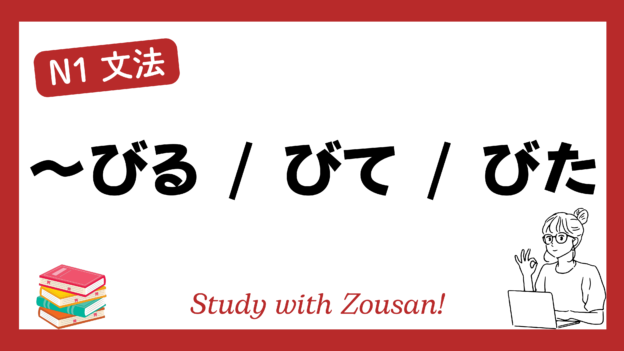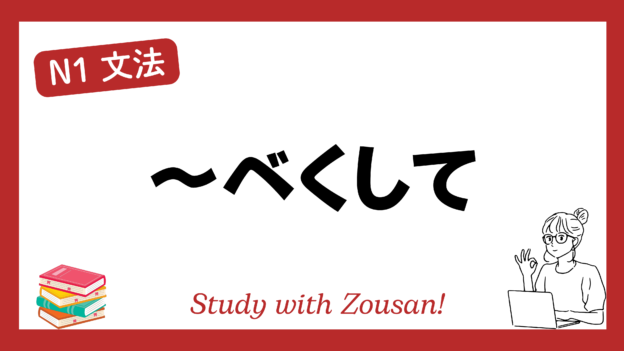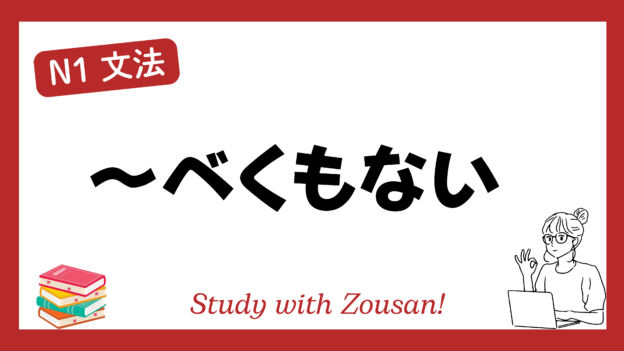Meaning: “It’s practically the same as…”, “It’s as good as…”
This structure is used to express that something is almost equivalent to something else, even though it may not be exactly the same. It suggests that a situation, condition, or object is so similar to another that there is little difference between the two.
※Note: “~も同然だ” is often used to describe something that, while not technically or officially true, is practically considered so.
Structure:
| Verb (た / ない) +も | + 同然 + だ/の |
| Noun+ (も) |
Example:
-
-
-
🌟 彼はもう家族も同然だ。
(かれ は もう かぞく も どうぜん だ。)
He is practically like family now. -
🌟 この仕事は成功したも同然だ。
(この しごと は せいこう した も どうぜん だ。)
This job is as good as done successfully. -
🌟 彼の提案は却下されたも同然だ。
(かれ の ていあん は きゃっか された も どうぜん だ。)
His proposal is practically rejected. -
🌟 その計画は失敗したも同然だ。
(その けいかく は しっぱい した も どうぜん だ。)
The plan is as good as failed. -
🌟 彼の英語はネイティブと同然だ。
(かれ の えいご は ネイティブ と どうぜん だ。)
His English is practically like that of a native speaker. -
🌟 彼女は学校のスターも同然だ。
(かのじょ は がっこう の スター も どうぜん だ。)
She is practically the star of the school. -
🌟 この家は廃墟も同然だ。
(この いえ は はいきょ も どうぜん だ。)
This house is as good as abandoned. -
🌟 彼の言葉は嘘も同然だ。
(かれ の ことば は うそ も どうぜん だ。)
His words are practically lies. -
🌟 この書類は完成したも同然だ。
(この しょるい は かんせい した も どうぜん だ。)
These documents are practically complete. -
🌟 彼の業績は英雄と同然だ。
(かれ の ぎょうせき は えいゆう と どうぜん だ。)
His achievements are as good as those of a hero.
-
-


